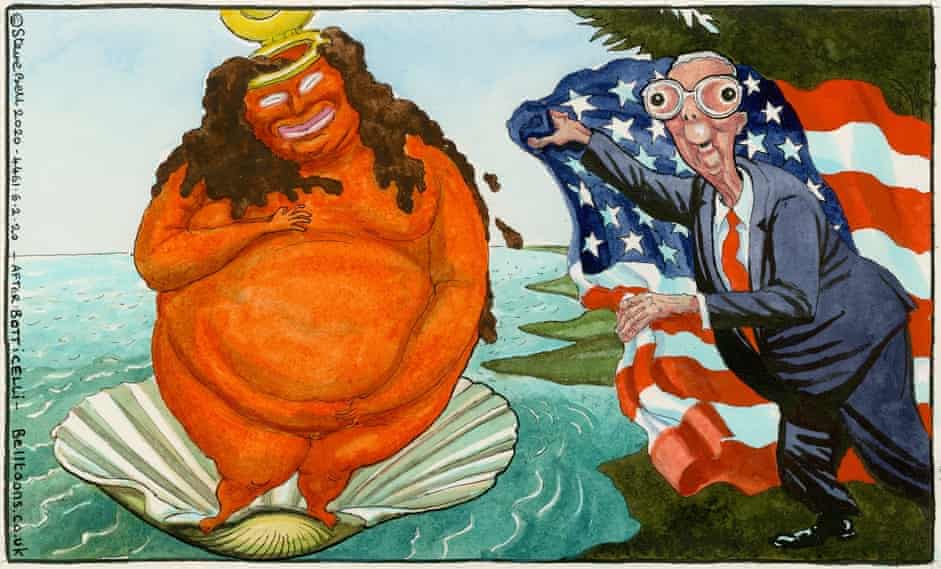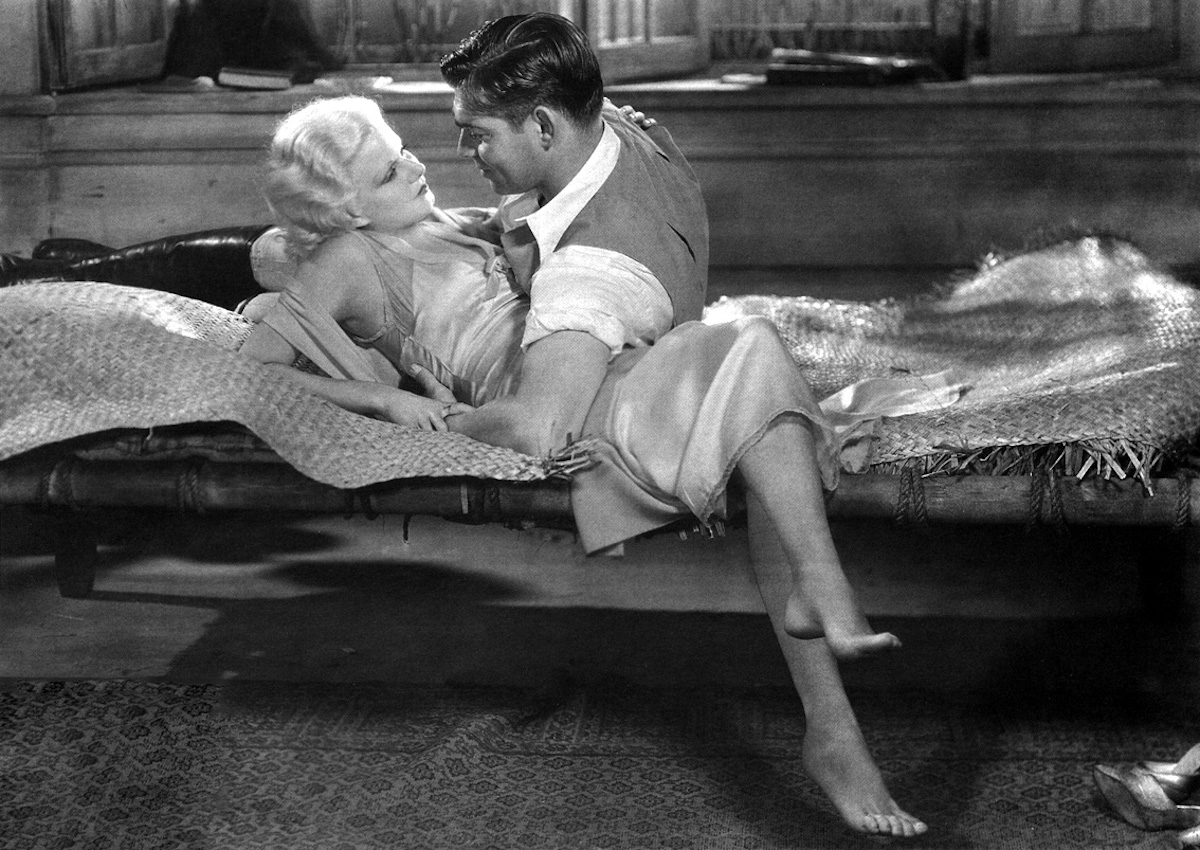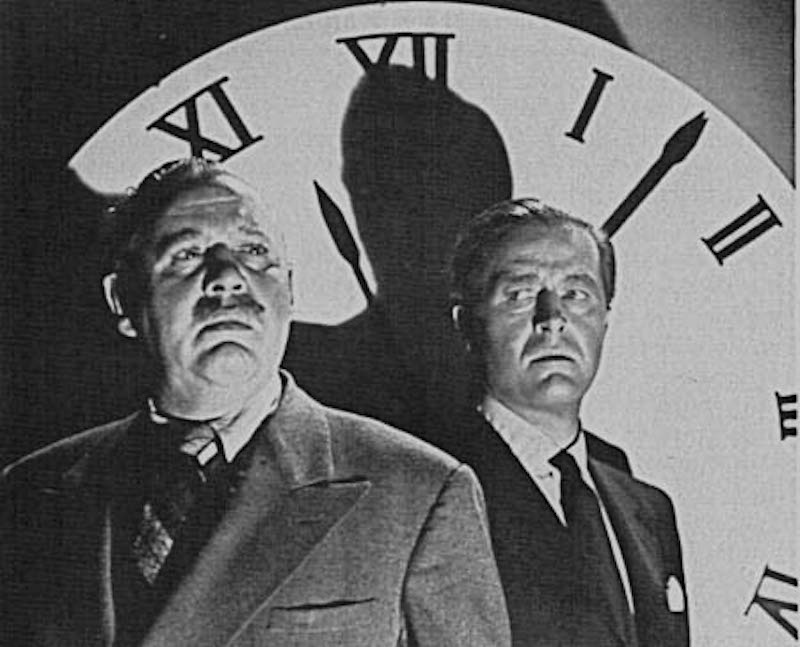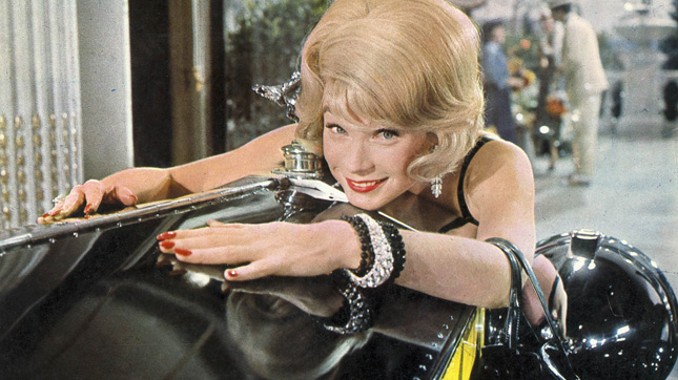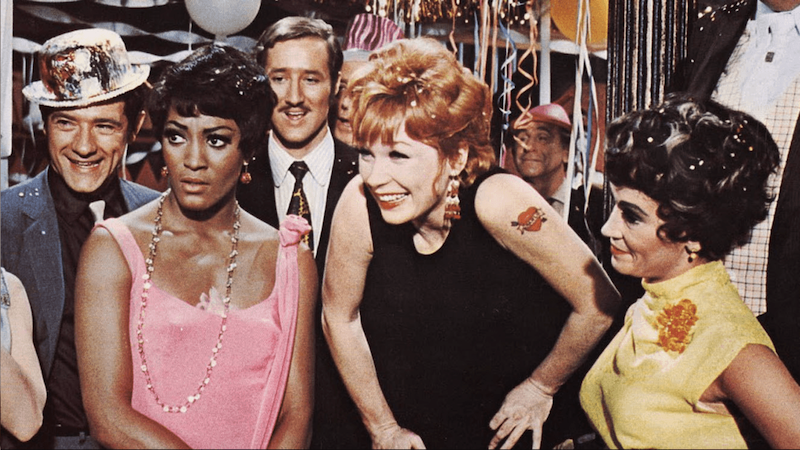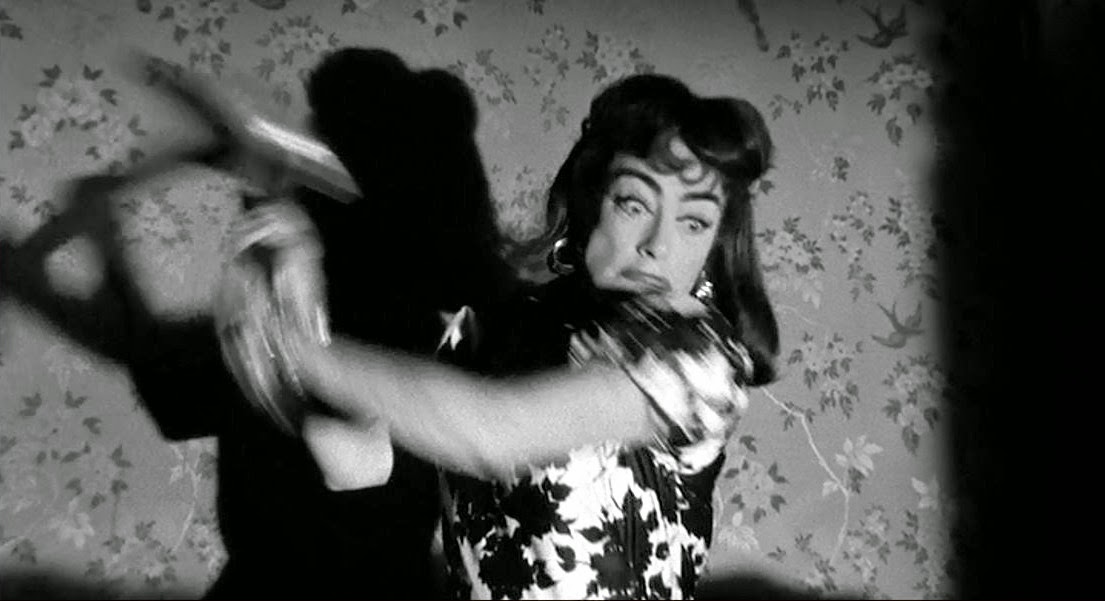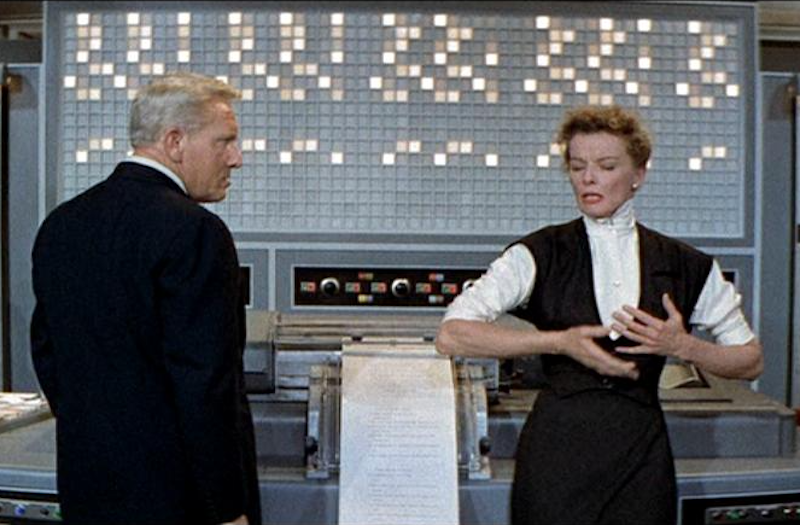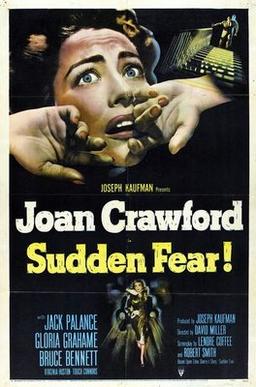What should we come to … if political denunciation is to be turned without check against art?
Category: Quotable
Denunciation
What should we come to … if political denunciation is to be turned without check against art?
Everything Old is New Again
Williams Shirer on editing his college newspaper. We’re still experiencing the same stuff today.
Nothing to Say
I'm a jack of all trades, master of none. It's my epitaph, along with "Yet Another Patron Saint of Mediocrity."
Seen On Bluesky
“At this crucial time in our lives, when everything is so desperate, when every day is a matter of survival, I don’t think you can help but be involved.” American singer.Songwriter.Pianist.Composer.Civil rights activist.
This. Is. Us.
The following quote so accurately pegs the U.S. of the 2020s as it did the U.S. of the 1890s. Shirer writes of Upton Sinclair’s famous and seminal work, The Jungle, regarding the Chicago and U.S. in which he was born and raised. This. Is. Us. More will follow.
On Courage to Stand Your Ground
Regarding < this interview in the New Yorker>: A response. As I know from being a reporter (and as opposed to the myth we all had agendas), all I had to do was let someone talk and then print a transcript. They showed their moral bankruptcy or stupidity or cupidity themselves without help. This reporter...
198 Methods of Non-Violent Action
Use < this > as a guide for the next years of the collapse of the American republic, the destruction of which is fully underway.
What They Fought For is Not What’s Coming to us
If we are to have another contest in the near future of our national existence, I predict that the dividing line will not be Mason and Dixon's but between patriotism and intelligence on the one side, and superstition, ambition and ignorance on the other.
An 80-year-old Letter
What a Tangled Tweet We Weave When First We Practice to Get Outraged
A "good job" according to whom? May I ask when exactly was the last time you were in an elementary school and sat through an entire school day with first graders? I ask because my mother makes this same argument frequently, yet has not been in an actual elementary school building since 1976. Her grandchildren were taught at home so she, therefore, has no experience either visiting a school or evaluating a public school education since 1976.
(Re)Birth of Venus
Shit overflowing.
Movie Night: Red Dust
"The attraction here isn't really the cultural relic/curiousity value, it's the variation of the old man meets woman, they hate each other, they clash with sparkling dialogue and then end up together 'til death they do part. This bit has been done to death in Hollywood's 100+ year run, but it can be freshened and redeemed if the scriptwriter is up to the job."
Movie Night: Born Yesterday
"Born Yesterday is pretty fabulous. At least until it sinks in that it's just as applicable today (especially today!) as it was in 1950. In that year, it could have been warning against the House Un-American Activities Committee, which ultimately wrecked lives, but failed. But today, the movie is depressing when you realize that Broderick Crawford's Harry Brock is in charge of the country, the Senate and the judiciary and is sitting in the White House tweeting."
The Indictment
"Senate Republicans are setting a dangerous precedent that threatens the republic itself. I'm not naive enough to think they would hold Democratic presidents to the low standard they've applied to Trump, but all future presidents will be able to point to Trump to justify ..."
Normandy 2019
Tragically brilliant.
Movie Night: The Big Clock
"Regardless of whether you saw it then as scandalous that such perversions were being exhibited in public theaters or whether you see it now as being stereotypical, offensive and overly focused on white, male, straight actors and queer panics and Italian stereotypes, to wit ... offensive!! ... there is much to actually be loved here."
Movie Night: The Yellow Rolls Royce
"... this is probably the granddaddy of all product placement movies, far more egregious than even Joan Crawford's conspicuous scattering of Pepsi bottles in Strait Jacket ..."
Movie Night: Sweet Charity
"The songs and dances, Shirley MacLaine and Cita Rivera, et al, were great; it's just the stuff in between that is less than satisfying."
Movie Night: Strait Jacket
"The bonuses here are George Kennedy as a farmhand foreshadowing by 22 years Billy Bob Thornton in 1996's Swing Blade ("I like them French fried potaters."), all the Pepsi placement, and Lee Majors in pre-Six Million Dollar Man mode, along with his very hairy chest, fluffily rising and falling just before the axe falls."
Movie Night: The Ritz
"Regardless of whether you saw it then as scandalous that such perversions were being exhibited in public theaters or whether you see it now as being stereotypical, offensive and overly focused on white, male, straight actors and queer panics and Italian stereotypes, to wit ... offensive!! ... there is much to actually be loved here."
Movie Night: Desk Set
"Not only is it hilarious, it has fabulous midcentury (ugh, that word) interiors, jokes only librarian/book/research nerds understand, an awesome supporting cast including EMERAC and Kate gets to get blotto and talk about the "Mexican Avenue Bus" (the Lexington Avenue Bus, that is)."
On Crime and Punishment This Fourth of July
"It's well worth a challenging read-and-think on everyone's part at this particular moment in the country and society."
Pocket Guide to France, or, Onward to Parisian Mademoiselles
"You are a member of the best dressed, best fed, best equipped liberating Army now on earth. You are going in among the people of a former Ally of your country. They are still your kind of people who happen to speak democracy in a different language."
Paranoia, Fear, Terror and Facebook, et al.
"Insane levels of fear and control and succumbing to terror. We are a nation which is perhaps the most fearful of all countries."
Corporate Power
"Many states whose sovereignty is threatened are now finally waking up to the danger. But is it perhaps already too late to do anything about the seemingly over-mighty corporations?"
The Wages of Sin, America, is …
"It is impossible to engage in intellectual discourse with National Socialist Philosophy. For if there were such an entity, one would have to try by means of analysis and discussion either to prove its validity or to combat it. ..."
Random American Notes
"An American gentleman . . . likewise stuck his hands deep into his pockets, and walked the deck with his nostrils dilated, as already inhaling the air of Freedom which carries death to all tyrants, and can never (under any circumstances worth mentioning) be breathed by slaves."
Kit Marlowe is a Naughty Nellie and Probably a Witch
I just caught this from two years ago on The Guardian‘s website. Two years behind, that’s about my speed. But it is a fascinating document of Elizabethan paranoia and skulduggery. “A controversial document in which the playwright Christopher Marlowe reportedly declared that Christ was gay, that the only purpose of religion was to intimidate people, and...
Sieg …
"DEEPLY OFFENDED that a child refused to say the Pledge of Allegiance bc freedom is all about mandatory loyalty oaths."
Deadly Chinese Fentanyl is Creating a New Era of Drug Kingpins
"Fentanyl's potency has « transformed the global trafficking — and policing — of narcotics."
Beery Originalist Quotables
Here are a few Original Originalist quotes worth Originally quoting, from a few of our first Original Founders:
Squeezed to Death
"On every airline flight, a crew member talks to passengers in the exit rows to see whether they can, as Federal Aviation Administration regulations specify, “pass expeditiously through the emergency exit” if needed. Given how passengers have grown in inverse proportion to the spaciousness of airliner seats, anything like “expeditious” evacuation of an entire airliner seems doubtful."
Of Manifestoes and Buildings and Truman and Stuff
[Edited two days later to fix some typos and unclear, stream-of-consciousness-type unclear phrases.] During the recent effort to rename the Russell Senate Office Building, it would have been nice to remember that both Richard Russell, the building’s current namesake, and John McCain, the proposed replacement namesake, (while useful tools to poke the likes of President...
Atomic Poetry
On 1-Jun-1945, six weeks after the death of Franklin Roosevelt, new U.S. President Harry Truman convened a meeting to update the status on and debate the use of the soon-to-be-born atomic bomb. But first, at the Pentagon, a group consisting of James Byrnes (soon to be Secretary of State), generals George C. Marshall and Leslie...
TCM Tonight: Summer Under the Stars – Joan Crawford
Of COURSE we had to watch some Joan tonight. Not taking time to behold the wonder that is our patron saint, Lucille LeSueur, would be anathema, blasphemy, time wasted! First up was 1952’s Sudden Fear — Joan with Jack Palance, Gloria Grahame, Bruce Bennett, Virginia Hudson and Mike “Touch” / “Mannix” Connors. David Miller directed. Playwright...
‘Splaining Things to the Kids
A Democratic Socialist explains «what Democratic Socialism actually is»: Not just a return to the halcyon days of the New Deal. “I’m a staff writer at the socialist magazine Jacobin and a member of DSA, and here’s the truth: In the long run, democratic socialists want to end capitalism. And we want to do that...
Treading a Careful Path in Post-Castro Cuba
"There is a discrete left-opportunist trend that seeks to throw all developments in Cuba post-1959 into the dustbin and forget about it. This does as little for us as the right-opportunist line; both fail to grasp the full reality of revisionist corrosion and capitalist restoration in Cuba, although one cloaks itself in stultified theory."
For Bill
Back in 2014, I included a chapter in my book detailing Bill Schock's war experiences as they related to his reporting on the crash of Braniff International flight 250 in 1966.
A Final “Hangin’ Out the Warsh”
«This is Bill’s final column» out of countless ones he wrote over 71 years for the Falls City Journal. With this column, he said farewell; the Journal has been sold and moved to a much smaller space in downtown Falls City which it had occupied until 1950. It’s all extremely symbolic of the state of...
History as Prophecy
I have been attempting to read «Michael Burleigh's The Third Reich: A New History» since it came out in 2000. Instead, I've read «William Shirer's The Rise and Fall of the Third Reich» twice. Nothing wrong with anything I've read of Burleigh's work; quite the contrary. In fact, it has to do with how big the book is; the first edition is 950-plus pages and weighs a ton and I've had hand/wrist problems since, well, 2000. And I have Rise and Fall on Kindle.
Entitle This
Rep. Larson Slams GOP for Labeling Medicare and Social Security 'Entitlements' Congressman John Larson (D-Conn.) scolded Republicans in a fiery speech on Thursday, criticizing their use of the word "entitlements." "Newsflash! It's the insurance that the American people have paid for." Posted by IJR Blue on Friday, April 13, 2018
Dictionarialy Speaking
Want to know what words were recorded in dictionaries for the first time ever in the year you were born? Kinda… Posted by Steve Pollock on Monday, March 19, 2018
S.T.E.V.E.
Finally, I have an identity. I am a "Strong Thermal Emission Velocity Enhancement." Strong. Thermal Emission. Velocity… Posted by Steve Pollock on Monday, March 19, 2018
Scenes from Old Age …
[Scenes from old age (level 54 edition)] From “Mail Call Three” episode of M*A*S*H (S6,E20; 1978, when I was 15), Radar complaining about his widowed mother having a boyfriend and maybe getting married: “Old people shouldn’t get married. SHE’S ALMOST 50!!” Get off my lawn, O’Reilly!
Arm Me With …
#ArmMeWith … so many other things than a Glock. Posted by Steve Pollock on Saturday, February 24, 2018
This is Our Reality Now
This is our reality … (another in a series): Posted by Steve Pollock on Tuesday, February 20, 2018
This is Our Reality, Teachers
[Yeah, it's long and snarky. Yes, again. Read and think or move along.] A teacher's perspective: This is our reality,… Posted by Steve Pollock on Friday, February 16, 2018
On Shitholes
Every single day is a new low. How low can we go? There is no bottom. So pretty goddamned low. Shithole low.












